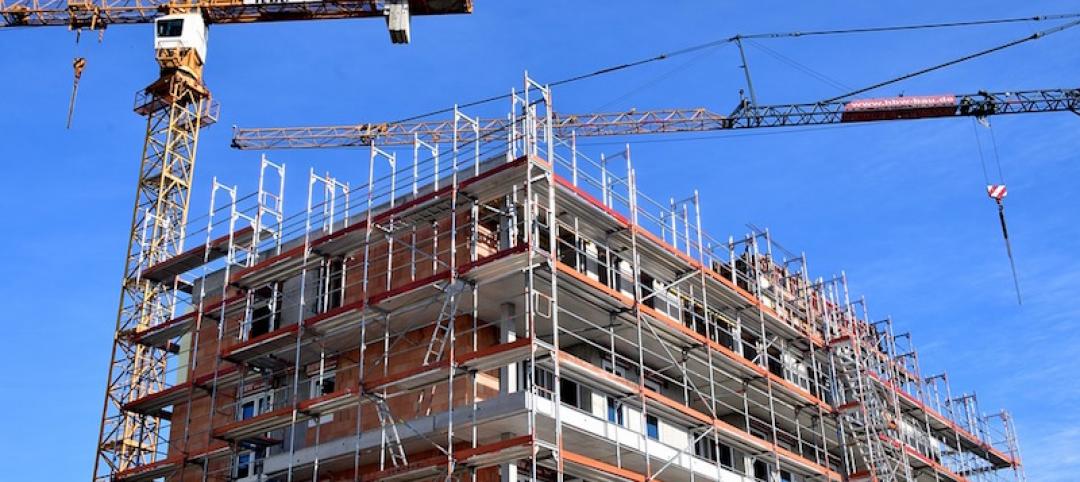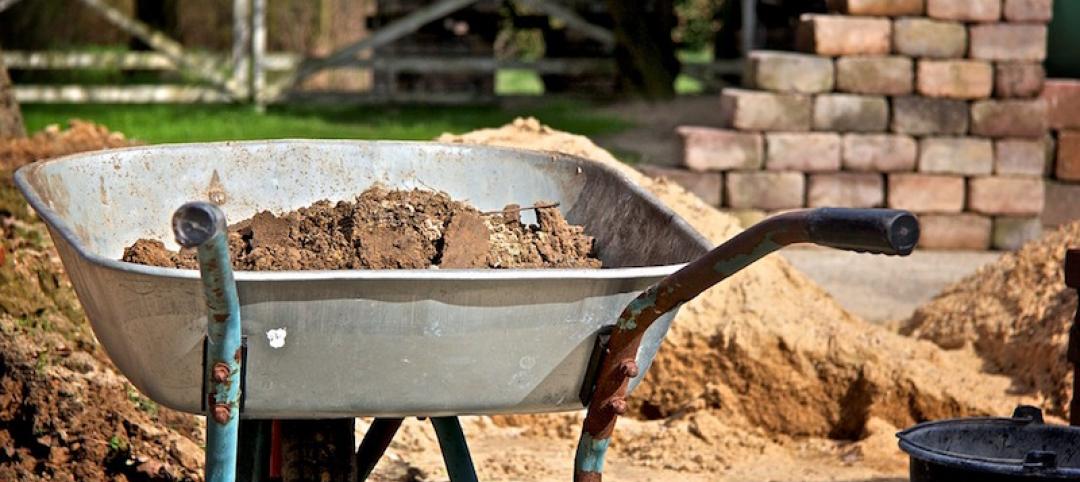A new study published today by the American Institute of Architects (AIA) finds that data and culture gaps are obstacles architects are facing in fighting climate change.
The report, Sustainability in the Architect’s Journey to Specification, identified a number of common obstacles that could be improved by the building products industry to help architects support climate action, including:
- Supplying useful, timely, and accurate product information and data.
- Reducing barriers—primarily high costs–to products to increase adoption of sustainable products, especially as clients are increasingly concerned about sustainability being too cost-conscious in the short term.
In other findings, nearly all architects said third-party testing or certification is crucial for new product adoption. Architects also indicated that continuing education from building product companies is the most convenient way to learn about new products and innovations.
“Architects are increasingly motivated to commit to climate action and evolve the built environment,” said 2020 AIA President Jane Frederick, FAIA. “Our members have an important role to play, but they cannot do it alone. Everyone in the design and building product industry must do their part, and that means more than just making materials that contribute to sustainability. Informed product and material knowledge is essential, if we are going to succeed. Committing to innovation is essential.”
Sustainability in the Architect’s Journey to Specification is available on AIA’s website.
Related Stories
Market Data | May 2, 2018
Construction employment increases in 245 metro areas between March 2017 & 2018, as trade fights & infrastructure funding shortfalls loom
Houston-The Woodlands-Sugar Land, Texas and Weirton-Steubenville, W.Va.-Ohio experience largest year-over-year gains; Baton Rouge, La. and Auburn-Opelika, Ala. have biggest annual declines.
Market Data | May 2, 2018
Nonresidential Construction down in March, private sector falters, public sector unchanged
February’s spending estimate was revised roughly $10 billion higher.
Market Data | Apr 30, 2018
Outlook mixed for renewable energy installations in Middle East and Africa region
Several major MEA countries are actively supporting the growth of renewable energy.
Market Data | Apr 12, 2018
Construction costs climb in March as wide range of input costs jump
Association officials urge Trump administration, congress to fund infrastructure adequately as better way to stimulate demand than tariffs that impose steep costs on contractors and project owners.
Market Data | Apr 9, 2018
Construction employers add 228,000 jobs over the year despite dip in March
Average hourly earnings increase to $29.43 in construction, topping private sector by nearly 10%; Association officials urge updating and better funding programs to train workers for construction jobs.
Market Data | Apr 4, 2018
Construction employment increases in 257 metro areas between February 2017 & 2018 as construction firms continue to expand amid strong demand
Riverside-San Bernardino-Ontario, Calif. and Merced, Calif. experience largest year-over-year gains; Baton Rouge, La. and Auburn-Opelika, Ala. have biggest annual declines in construction employment.
Market Data | Apr 2, 2018
Construction spending in February inches up from January
Association officials urge federal, state and local officials to work quickly to put recently enacted funding increases to work to improve aging and over-burdened infrastructure, offset public-sector spending drops.
Market Data | Mar 29, 2018
AIA and the University of Minnesota partner to develop Guides for Equitable Practice
The Guides for Equitable Practice will be developed and implemented in three phase.
Market Data | Mar 22, 2018
Architecture billings continue to hold positive in 2018
Billings particularly strong at firms in the West and Midwest regions.
Market Data | Mar 21, 2018
Construction employment increases in 248 metro areas as new metal tariffs threaten future sector job gains
Riverside-San Bernardino-Ontario, Calif., and Merced, Calif., experience largest year-over-year gains; Baton Rouge, La., and Auburn-Opelika, Ala., have biggest annual declines in construction employment.

















